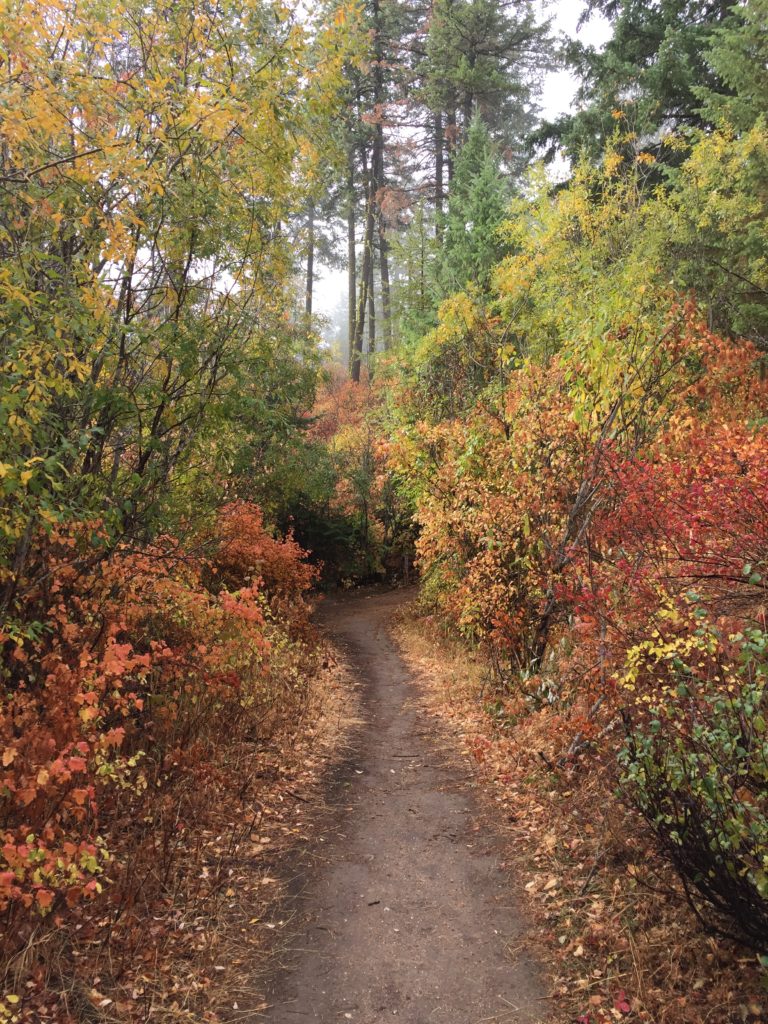Every change in the season, every transition between holidays or school years or Mercury retrograde, I am certain that everything going forward will be different. I like change, and I particularly like color-coding it into my ridiculously vibrant and detailed planner.
I start out highly motivated and organized with said change, like preparing scratch-cooked meals for my kid’s lunch when school starts, then watch as time wears down my commitment. By the end of the school year, my kid is getting stale carrot sticks and a slab of crumbling gluten-free bread for lunch.
Whatever the change is, I’m certain it is better than what the change was. When September shows up, I am relieved to have a schedule again that includes normal eating times, regular gym hours, meal prep, and mandatory coffee in bed on the weekends. There is something safe and secure in the routine (my therapist would suggest an over attachment to control). By the time June rolls around, I cannot wait to stop being a slave to the clock, to have unplanned days, and to live on fresh fruits and vegetables all summer. And run lots of miles.

The pattern is pretty much the same, and I am reminded often that one of the truths of life is that nothing ever stays stagnant. Our health, our lifestyles, our hobbies, relationships, work, goals, and blood pressure all change—and yet we seem to expect a kind of permanent stability going forward when transition occurs. Often we reinforce this with a set of rules. “I’ll get up at five. I’ll drink eight glasses of water a day. I’ll eat five servings of vegetables.”
This is a problem. When we get up at seven, migrate from coffee to wine without water, and have a day where our “vegetable” was the corn taco shell, there is a sense of failure that accompanies our decisions. At this point we start looking for the next transition point to turn new leaves because the old ones have lost their glisten and shine.
I’m no yogi, but it has occurred to me that our lives and bodies are much like the cycle of respiration: expansion, pause, release, pause. If we perhaps approach our changes and intentions with an acceptance of which phase we are in, we might find a little more compassion in the process—and perhaps a little less overwhelm.
Our health intentions and goals should be no different. When training for an event, we commit to an expansion phase, then pause, recover, pause, pick a new race. If we push ourselves to continually expand (or train, diet, be at the gym, or follow a rigid schedule), it is not sustainable. Thus we should be intentional about the pauses and the release as well. They make space for new things to eek into our lives. Such as reflection, naps, and cheap smut literature. As summer begins to pause, then sigh into autumn, take a moment to reflect on where you are in your own cycle of respiration. If you haven’t taken a deep breath in a while, maybe it is time. If you need to release the mayhem of summer and settle into the comfort of routine and less potato salad, make it so. And the next time you are worried about losing focus on those previously set intentions, maybe step back and take an objective look at the need for pause.













